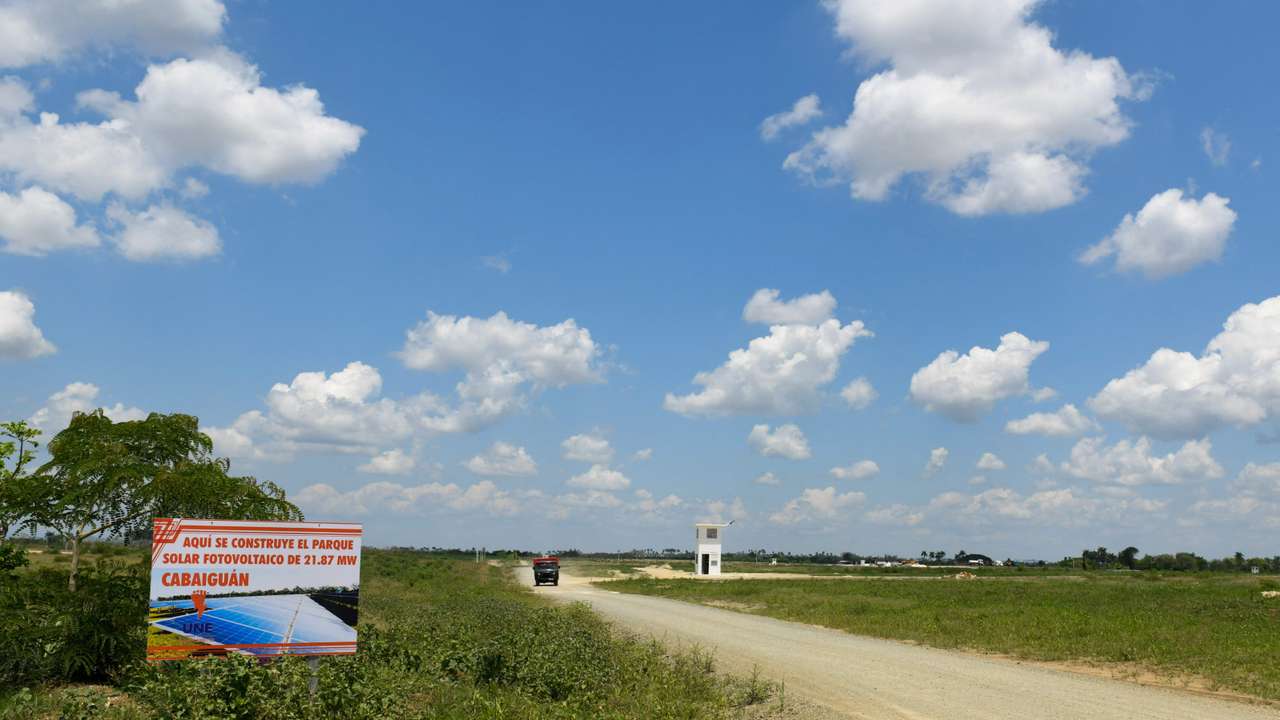Cuba advances green transition by phasing out climate-warming chemicals

Cuba has reported progress in environmental protection since ratifying the Kigali Amendment in June 2019, according to officials from the Ozone Technical Office (OTOZ).
The progress is premised on decades of experience implementing the Montreal Protocol of 1987, which successfully targeted the elimination of ozone-depleting substances.
In an assessment shared with the Cuban News Agency, specialists highlighted progress across critical sectors, including the manufacturing of refrigeration and air conditioning equipment, foam and aerosol production, and the technical maintenance of refrigeration systems. These efforts are aimed at cutting emissions of hydrofluorocarbons (HFCs), potent greenhouse gases widely used as refrigerants.
Mechanical Engineer Armando Lazaro Gomez Díaz, an OTOZ specialist and head of the Kigali Implementation Plan (KIP) Phase I project, emphasised that the current phase represents “a significant step toward fulfilling the nation’s international commitments regarding environmental preservation.”
“The success of this phase will depend on the coordinated and committed work of all parties involved,” Gomez Díaz said.
Cuba’s approach is led by the Ministry of Science, Technology, and Environment, the Office of Environmental Safety Regulation, and the OTOZ, which is attached to the Center for Information Management and Energy Development (CUBAENERGIA) of the Agency for Nuclear Energy and Advanced Technologies.
This story is written and edited by the Global South World team, you can contact us here.